The everyday life of Bulgarians, and of every person in the world, is filled with a dizzying amount of plastic. We see plastic in shops, in our kitchens, in wardrobes and cars, in the nursery and living room, in our homes and outside, even in unexpected places. But can we help recycle plastic in Bulgaria and how? That's what you'll learn in the article"Biopedia".
With such a truly disturbing amount of plastic items and waste, it's right to ask ourselves - what happens in it when an item has outlived its life cycle and we no longer need it?
Bad practices show that these plastic items and packaging end up in landfill where they wait for hundreds of years to decompose.
We probably won't live to see the full decomposition of the plastic bottle we just threw in the bin. But it will certainly cause serious environmental pollution once it is in the landfill and leave a very polluted and suffering planet for our grandchildren.
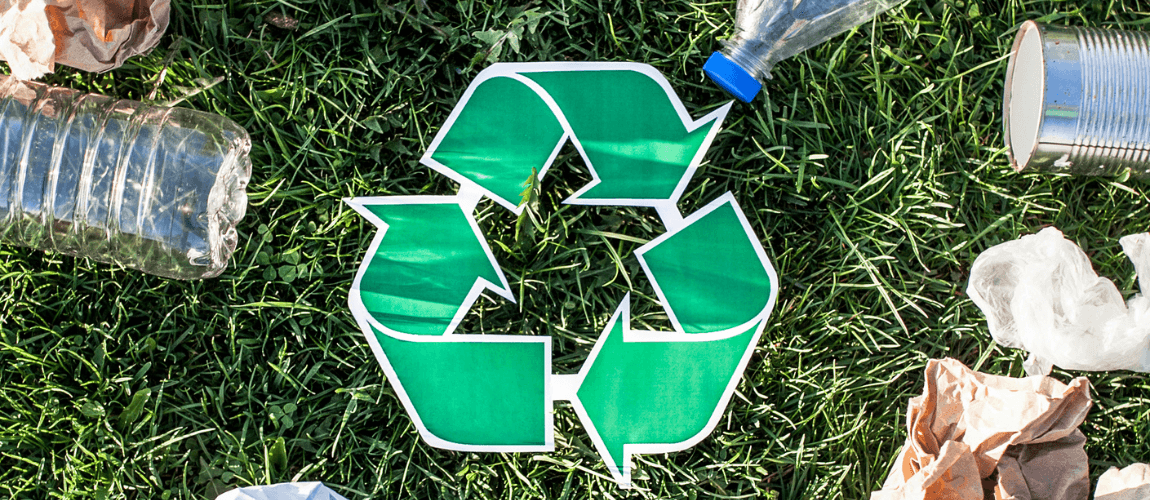
Fortunately, this plastic bottle can also end in a better and more meaningful way, and this is happening through plastic recycling in Bulgaria. Yes, although many Bulgarians sincerely do not believe that there are sufficiently well-organized practices and ways of separate disposal and recycling in our country, this turns out to be a widespread misconception.
The protection of the environment, as well as the efficient reuse of various materials, is a task that each one of us faces.
Recycling plastic in Bulgaria - the facts
Recycling plastic in Bulgaria - the facts

A recent survey on plastic recycling practices in Bulgaria conducted by Eurostat shows rather optimistic results and trends.
Contrary to what was expected, it turns out that our country is not only not at the bottom of European countries that recycle plastic packaging and waste, but is even in the top three, ranking after Lithuania and the Czech Republic.
In 2019 alone, Bulgaria has managed to recycle almost 60% of discarded plastic packaging, with the positive trend continuing in the coming years.
Plastic recycling in Bulgaria - how is it happening?
Recycling is a process in which a product or a quantity of a material takes on a new form and offers a new benefit to everyday life once it has undergone some kind of treatment. It is the last opportunity to give a waste product a second chance to be useful.
Plastic recycling in Bulgaria, and indeed globally, has many benefits. First and foremost is the protection of the environment and the reduction of pollution.

The economic benefits are numerous - from saving energy and water, to reduced consumption of valuable resources, and even increasing the number of jobs in a country.
After recycling and reprocessing, the plastic material is obtained in a different form that can be reused to make new plastic products.
One of the features of post-recycled plastic that distinguishes it from other materials is that plastic loses a certain percentage of its quality after recycling. Fortunately, this does not mean that it cannot be reused, and in some cases even after a second processing.
Plastic recycling in Bulgaria - where and how?
Ecopack is responsible for separate waste collection in Bulgaria. This is the company whose colourful containers can often be seen at various points and locations in the city.
The company has three colours of containers - blue for cardboard and paper collection, green for glass waste collection and yellow for plastic waste and packaging collection.
In addition to Ecopack, there is also a Bulgarian Recycling Association in Bulgaria, which was established in 1998 under the name Bulgarian Metal Traders Association.

Subsequently, the activities of the association have been expanded and to date it is also responsible for awareness and good practices of separate collection and recycling of plastics in Bulgaria as well as of all other recyclable materials. Since 2002 BAP has also had a permanent representative in the International Environment Council in Brussels.
BAP's main activity is to safeguard the interests of all companies involved in recycling of secondary raw materials, conducting a productive and meaningful dialogue with government institutions, as well as researching and assisting in the main issues related to all aspects of the companies' activities in this industry.
In addition to representing companies involved in recycling, one of the tasks of the BDA is to raise public awareness of the correct way to sort and dispose of recyclable materials.
This means that you can always contact them with your questions about sorting, disposing and recycling plastics in Bulgaria.

Plastic recycling in Bulgaria - the process
Recycling plastic in Bulgaria - the process
To be able to successfully recycle plastic in our country, we need to dispose of all plastic waste in the yellow Ecopack containers or other suitable and marked places for this purpose. Once the plastic is in the yellow bins, it should be sorted according to the type of plastic.

Some types of plastic are not recyclable, or recycling them is not justified because it is too expensive as a process and the end product is of very low value. Fortunately, most plastic items in our daily lives are recycled.

It is recommended that all plastic packaging with food residue or other contamination be washed and cleaned before disposal in the container.
This will not only make it easier for the people working in the field, but will also reduce the cost of handling and recycling. However, plastic packaging is additionally cleaned and washed at the landfill to prepare it for recycling.
Separate waste collection - simple rules with a footprint on a brighter future
10 benefits of separate waste collection

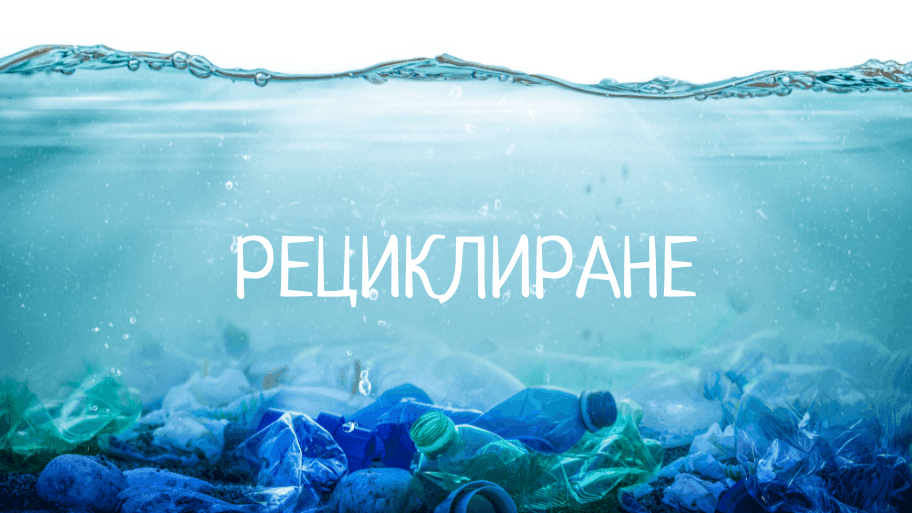
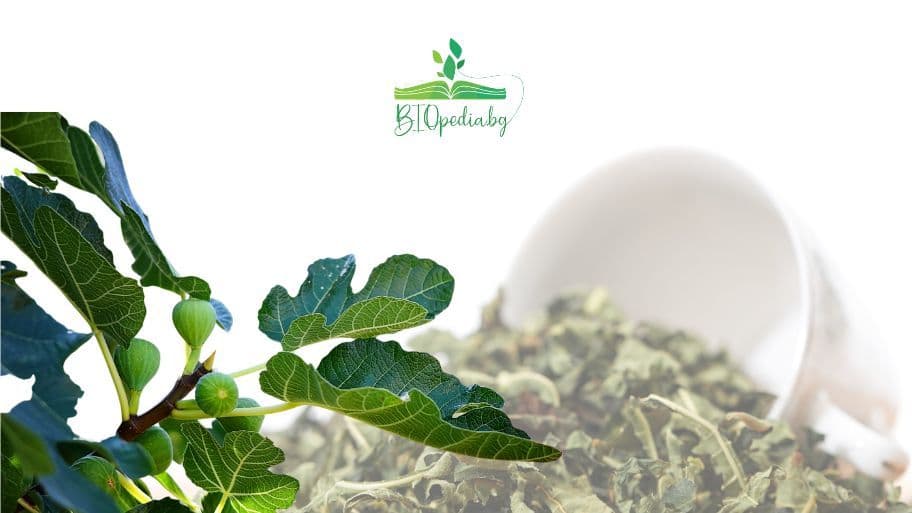
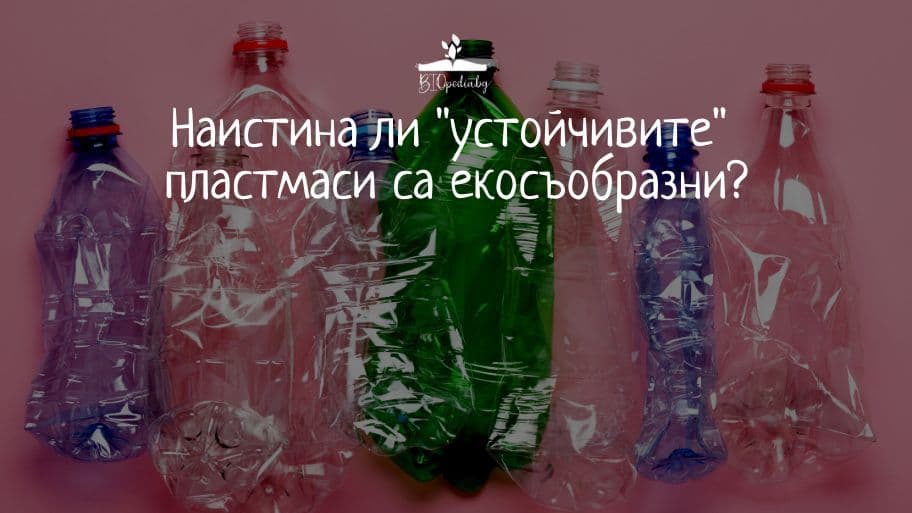
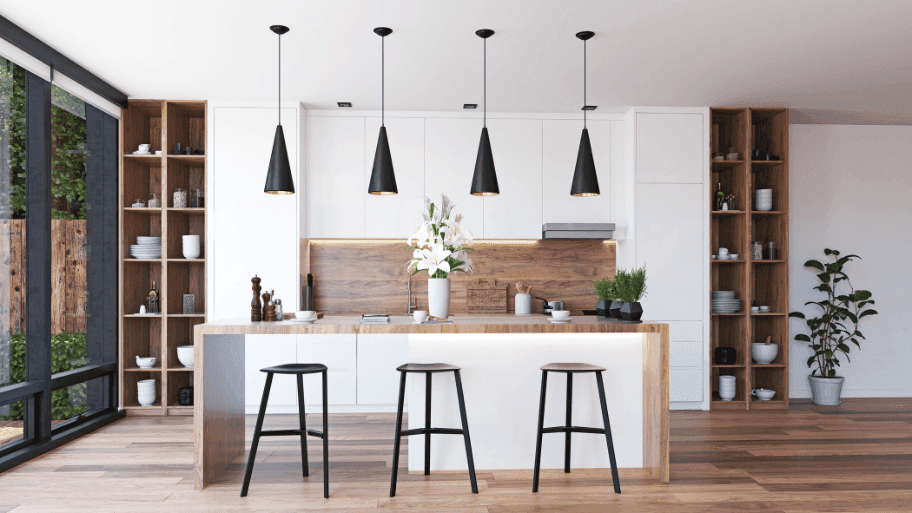
Comments